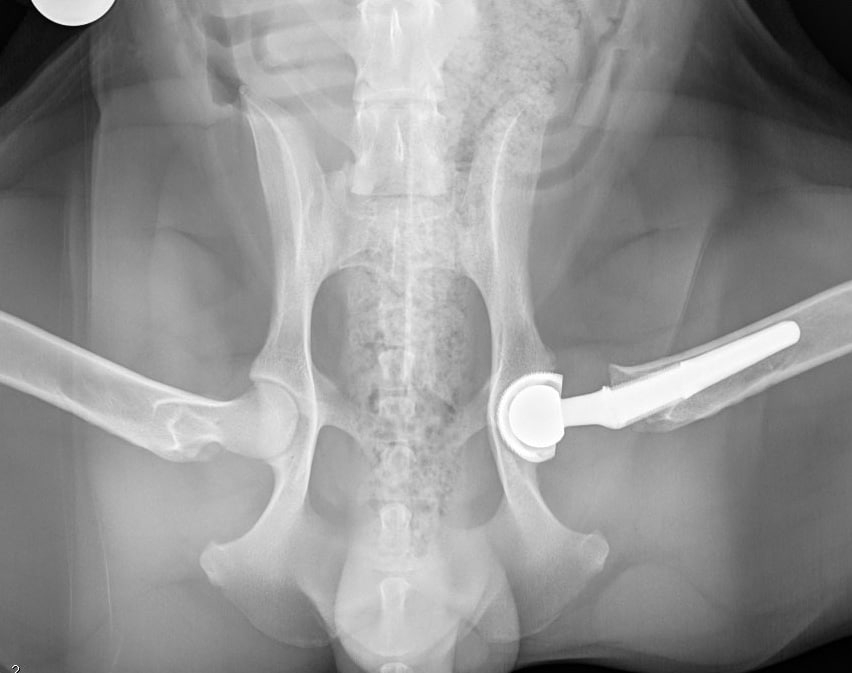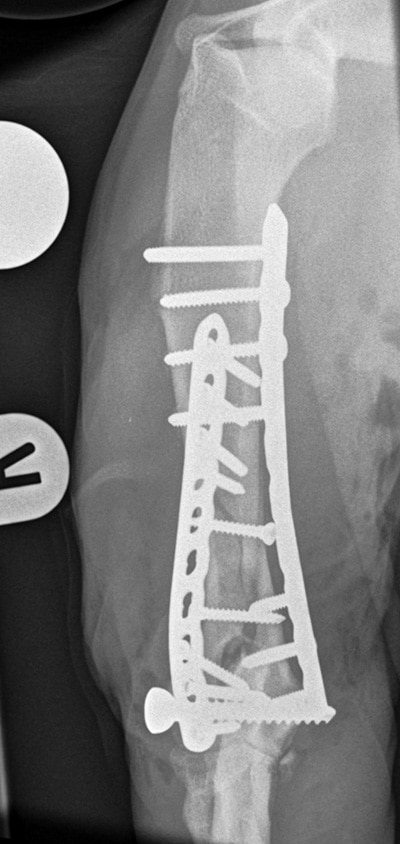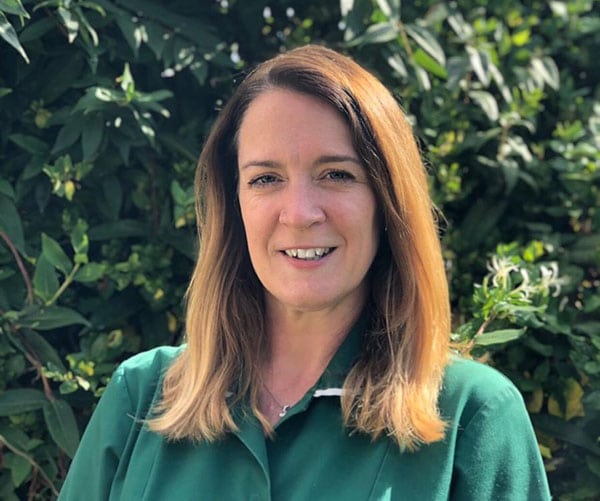Qualifications & Specialisation
We think it is very important that before a surgical procedure is undertaken on your pet, you should be aware of who is performing that procedure, and how much knowledge and experience they have of doing such a procedure.
How do you know how qualified and experienced your veterinary surgeon or nurse is?
How can you be sure that they can and will provide the best care for your pet?
What is a veterinary specialist? Who can call themselves a specialist?
This is a complicated area that is often not very well explained; below is a brief summary that aims to explain the different levels of experience and qualifications that veterinary surgeons and nurses can have:
Veterinary surgeons
There are 3 tiers of veterinary surgeon who can treat your dog or cat:
1. A GP veterinary surgeon: this is your local veterinary surgeon who would do most routine procedures for your pet e.g. vaccination, dispense wormer and flea treatment, neutering, dental care, and provide care for multiple medical and surgical conditions e.g. diabetes, heart disease, wounds, skin disease, an obstructed gut, bleeding in the abdomen, or simple bone fracture.
2. A certificate holder: this is a veterinary surgeon who has done some additional study in a particular field and may have applied for Advanced Practitioner status. These veterinary surgeons have more experience and knowledge in a particular field than a GP vet, but not as much as a specialist. More information on this topic is available on the Royal College of Veterinary Surgeons website.
3. A recognised Specialist: this is a veterinary surgeon who has undergone at least a 3-5 year specialist training programme in a specific area. A specialist is similar to the Consultant that you would see if you yourself were referred for treatment to your local hospital.
- A UK Royal College of Veterinary Surgeons (RCVS) recognised specialist:
such an individual will hold any of the RCVS, ECVS or ACVS Diplomas in small animal surgery. The RCVS Diploma is the most focussed specialist qualification that exists as the holder is trained in either Orthopaedic or Soft tissue surgery, but not both simultaneously. More information can be found here. - A European College of Veterinary Surgeons (ECVS) specialist:
this qualification is typically achieved by passing the examination of the Diploma of the European College of Veterinary Surgeons (ECVS) and is preceded by a 1 year internship and 3 year residency training programme in orthopaedic and soft tissue surgery combined. More information can be found here. - An American College of Veterinary Surgeons (ACVS) specialist:
this qualification is typically achieved by passing the examination of the Diploma of the American College of Veterinary Surgeons (ACVS) and is preceded by a 1 year internship and 3 year residency training programme in orthopaedic and soft tissue surgery combined. More information can be found here.
A small number of veterinary surgeons may also be awarded fellowship of the Royal College of Veterinary Surgeons (FRCVS). FRCVS is the highest accolade that the Royal College of Veterinary Surgeons can award. The purpose of the fellowship is to create a learned society “to advance veterinary standards by providing a resource of independent knowledge for the benefit of the veterinary profession”. More information can be found here
Veterinary nurses
Alongside veterinary surgeons, veterinary nurses play a crucial role in caring for your pet. Within a practice, a nursing team may include nurses with differing levels of knowledge and experience: student veterinary nurses, qualified Royal College of Veterinary Surgeons (RVCS) registered veterinary nurses and post graduate Diploma holders may all have responsibility for looking after your pet. Following qualification, nurses are placed on the RCVS register and are required to complete 15 hours of continuing professional development each year.
Veterinary Nurses can also do further and advanced training. There a 4 levels of training and expertise of a veterinary nurse who would have responsibility for looking after your pet dog or cat:
1. A veterinary nurse in training i.e. not yet sat exams and not yet qualified.
2. A qualified veterinary nurse (VN). The VN qualification may also be obtained with degree and a Masters degree is also available More information about a career in veterinary nursing in the UK is available here.
3. A fully qualified veterinary nurse who has registered with the RCVS to work in the UK as a veterinary nurse (RVN) further information is available here.
4. A veterinary nurse with an additional qualification e.g. DipAVN. The Diploma in Advanced Veterinary Nursing, DipAVN (surgical or medical), is an additional qualification achieved by a nurse who has undergone further advanced training and examinations and denotes specialist knowledge and skills in a particular area. Specialised areas such as theatre practice, anaesthesia, analgesia and radiography are studied as part of the DipAVN (surg), with modules, case studies and practical skills being assessed.
This is one of the highest levels of qualification of a veterinary nurse in the UK and denotes specialist knowledge and skill in a particular area. More information is available at the RCVS website here.



